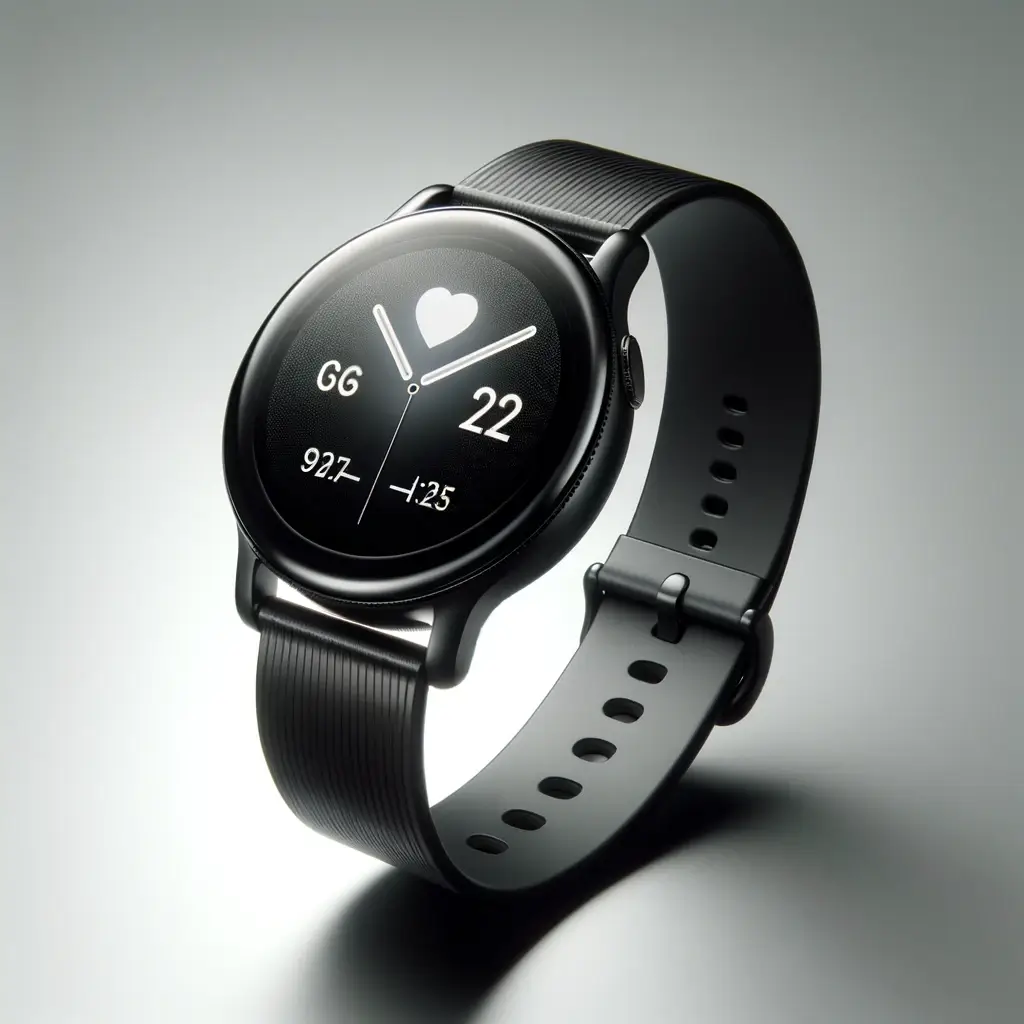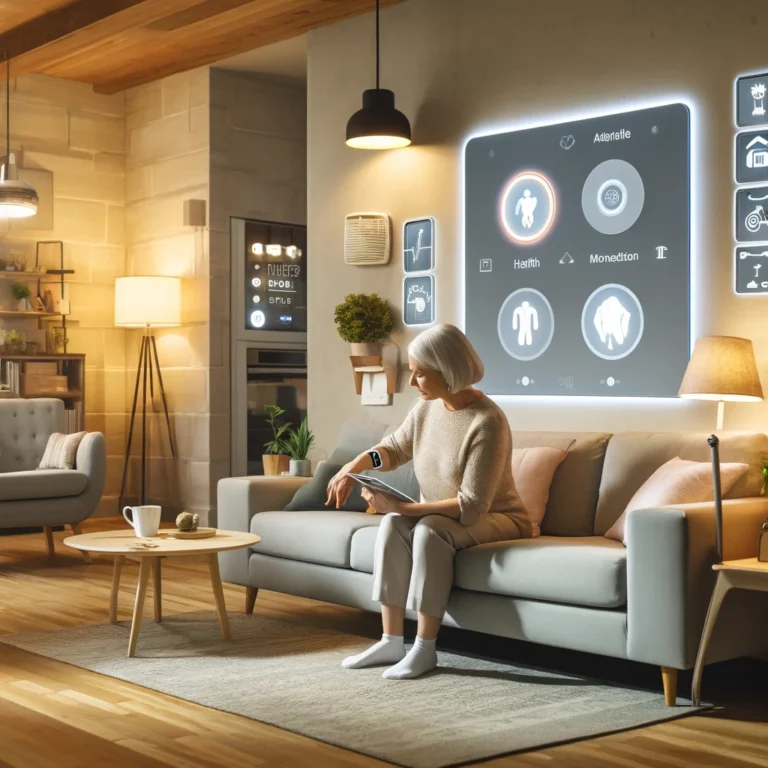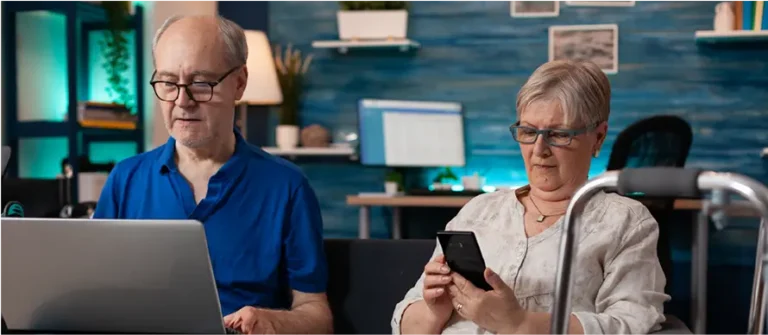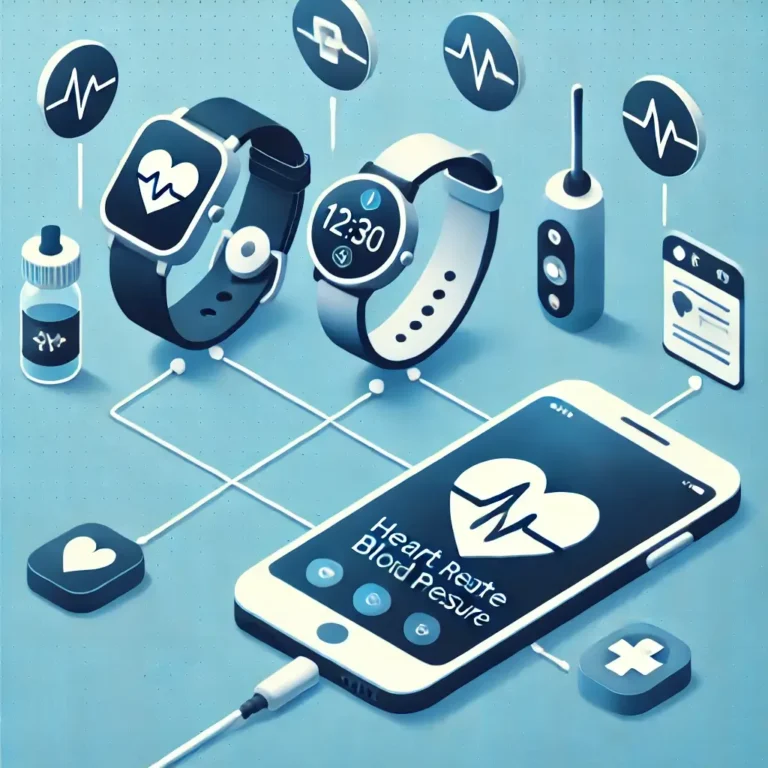
Sleep apnea is a severe condition that affects millions of people worldwide, often going undiagnosed and untreated. But what if a simple device you own could help detect this condition?
The Study: Comparing Smartwatch Data to Gold-Standard Sleep Tests
The study aimed to evaluate how accurately the Samsung Galaxy Watch 4 could measure overnight oxygen saturation (SpO2) and how well it could estimate sleep apnea severity compared to traditional in-lab polysomnography (PSG), the gold standard for sleep studies.
Participants in the study, aged 22 to 78 years old, wore the smartwatch overnight while undergoing a professional sleep study. The researchers compared the watch’s SpO2 readings to those obtained from the PSG. Additionally, they looked at how well the watch could predict two critical indicators of sleep apnea severity: the Oxygen Desaturation Index (ODI) and the Apnea-Hypopnea Index (AHI).
Key Findings: How Accurate is the Watch?
The results were promising. The Samsung Galaxy Watch 4 showed a small margin error in measuring oxygen levels, with a root mean square error (RMSE) of less than 3% compared to the PSG. This suggests that the smartwatch can reliably monitor SpO2 levels overnight.
When it came to detecting sleep apnea, the smartwatch performed impressively. For example, it showed excellent accuracy in predicting severe cases of sleep apnea (AHI > 30/h) with an area under the curve (AUC) of 0.894. The accuracy improved even further when combined with sleep questionnaire data, reaching an AUC of 0.943.
What This Means for Sleep Apnea Detection
These findings suggest that smartwatches like the Samsung Galaxy Watch 4 could be a valuable tool in the early detection of sleep apnea. While they might not replace professional sleep studies, they could serve as a convenient and accessible way to screen for sleep disorders, prompting users to seek further medical evaluation.
The Future: A New Frontier in Sleep Health?
The study concludes that the Samsung Galaxy Watch 4 offers reliable overnight SpO2 monitoring and shows great potential in identifying sleep apnea.
In the meantime, if you suspect you have sleep apnea, using your smartwatch to monitor your sleep could be a helpful first step. However, following up with a healthcare provider for a comprehensive evaluation and treatment plan is essential.
Curious to know more about how the Samsung Galaxy Watch 4 stacks up? Check out our detailed review of the Samsung Galaxy Watch 4 to see how this smartwatch performs in other health monitoring features and why it could be a valuable tool in your daily life.
Sources:









